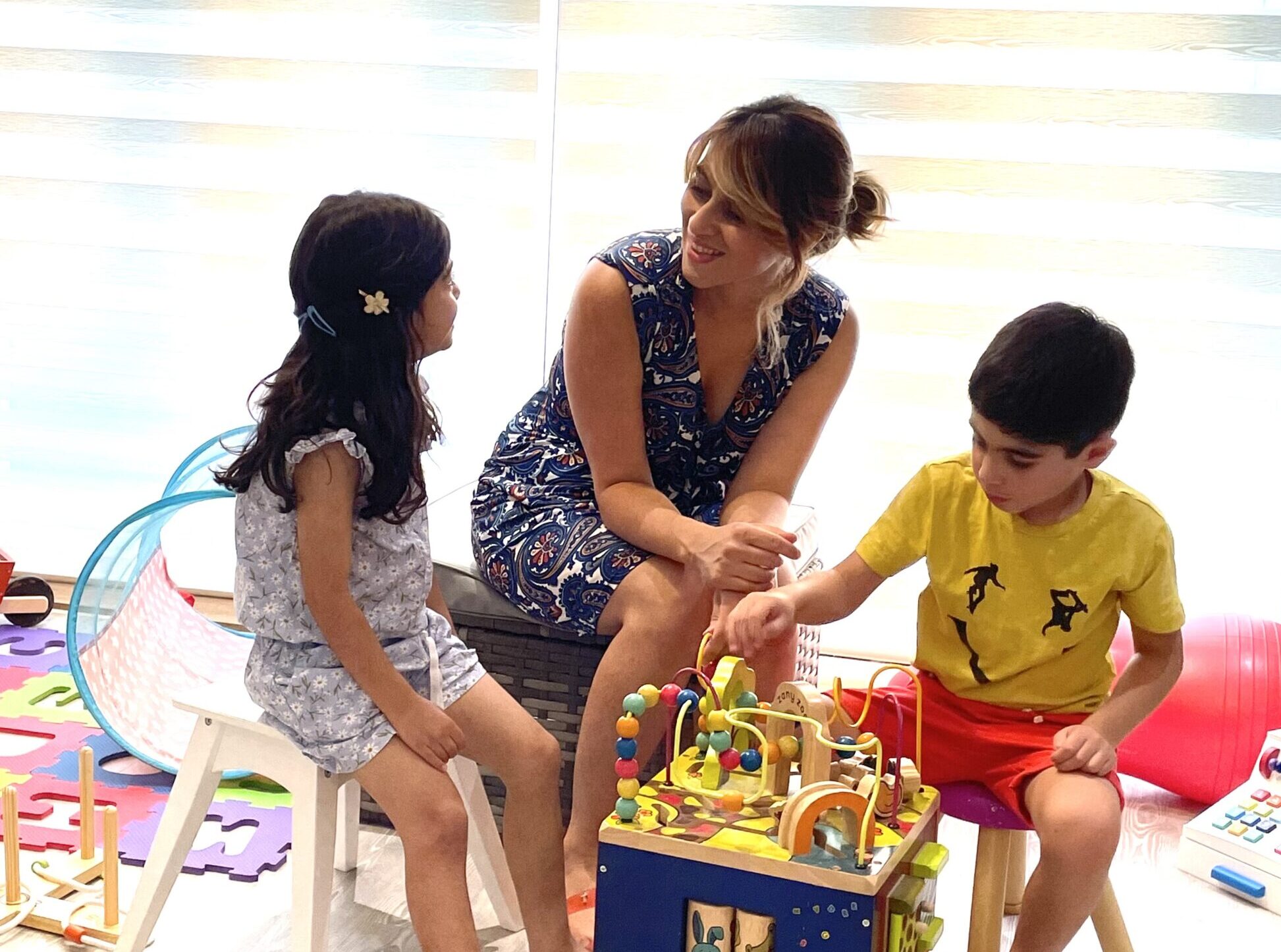Developmental Coordination Disorder (DCD)/ Dyspraxia is a common disorder affecting fine and/or gross motor coordination in children.
Children with Dyspraxia often present with difficulties with selfcare skills, writing, typing, riding a bike and play, organising themselves as well as other educational and recreational activities. In many cases these difficulties continue into adulthood, also affecting a person’s ability to learn new skills such as driving a car or DIY.
DCD is believed to affect 5-6% of children who are at school age and tends to occur more frequently in boys.
How to recognise if my child has DCD?
- Prior to school the child may have delay in sitting, walking, riding bike, doing puzzles, cutting, colouring and using playground equipment.
- Problems become more apparent in the school years, where demands are placed on the child and they start to struggle with handwriting, art projects, ball games, organising and finding their belongings, physical education, fastening buttons, attention and concentration and following instruction and processing information.
- Their sensory development may be affected. These children avoid messy play, swings. They fidget, tends to chew on clothing or other objects and find noisy areas disturbing.
If you feel your child has Dyspraxia, you need to book an assessment with paediatric OT.
Dyspraxia assessment:
The standardised assessment takes about 90 minutes. This is a standardised test to identify a delay or impairment in motor coordination. The OT will use this test to gain better insight into how these movement difficulties are affecting your child during day-to-day life. The result will indicate if your child has dyspraxia/ DCD or has borderline DCD. The assessment aims to identify any underlying sensory and/or motor difficulties.
This assessment is usually required at a stage when the parent/ care giver is clearer about the difficulties the child is experiencing or following a recommendation or referral from other professionals.
The occupational therapist will assess your child’s functional skills which require good dexterity and coordination to complete the tasks (e.g., writing, dressing, feeding, using cutleries). The therapist will identify the issues with handwriting difficulties because of coordination problem
and how it impacts on child’s participation at school activities such as PE.


You will receive a detailed report with all the necessary advice and recommendations.
Intervention:
There are number of different ways an OT can work with children with Dyspraxia:
- Individual therapy either in clinic or school.
- Focus on individual task such as handwriting and using multisensory techniques.
- Use Cognitive-Behavioural Approach: this approach uses coaching and encouragement to support the child in identifying the problem.
- Sensory strategies to improve the child sensory issues.
If your child needs Dyspraxia assessment and treatment or need to talk about any of the problems above, then please email us at sherry.aazh@gmail.com or call 07954322101.
